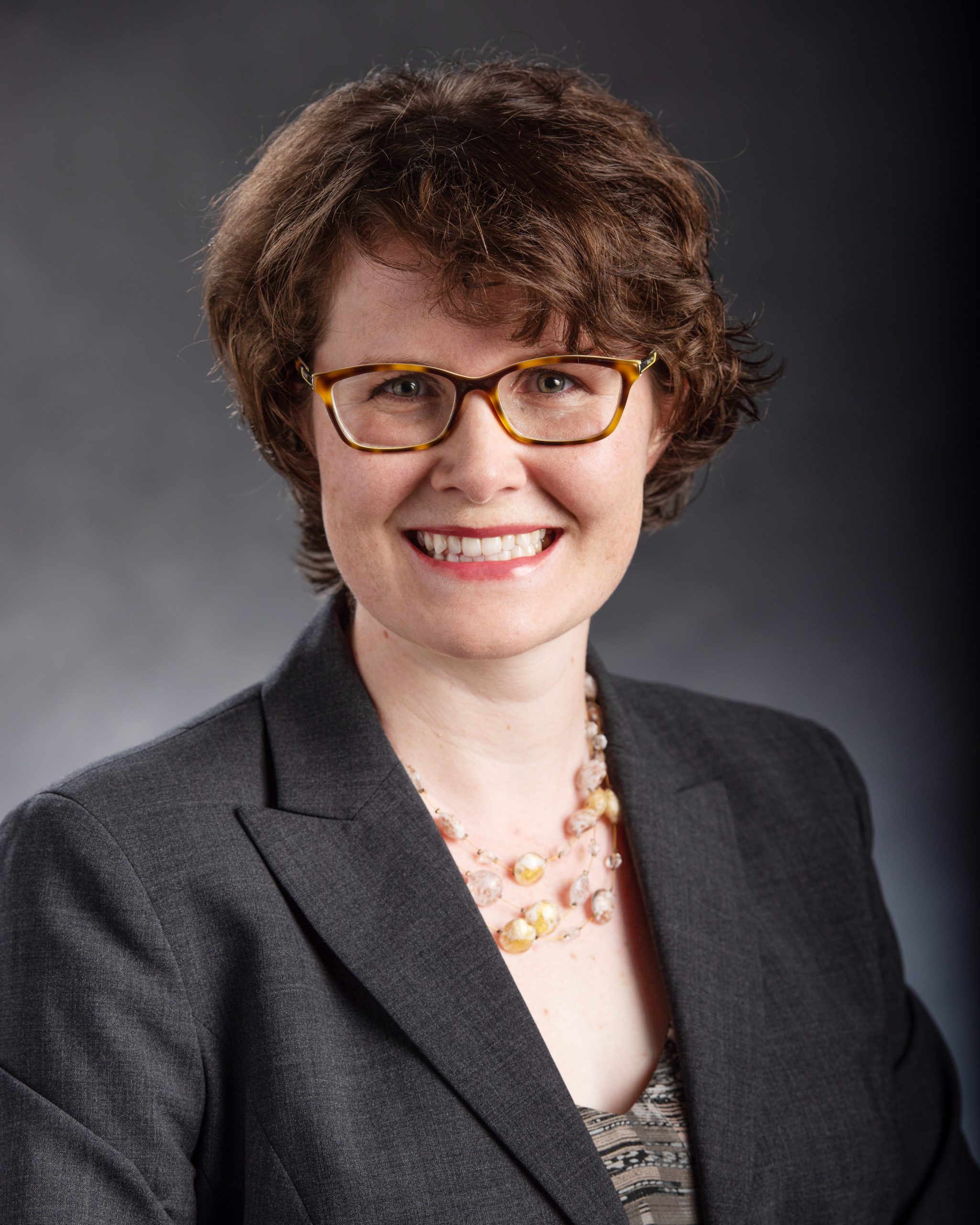 By Ellie Louson
By Ellie Louson
My favorite description of mentoring comes from Dr. Beronda Montgomery, eminent MSU plant scientist and writer, who has written widely on mentoring and calls it “an opportunity to connect meaningfully with individuals in service to their pursuit of personally-defined goals or aspirations.” As someone new to a formal mentorship role, I’ve tried to keep that definition at the heart of my work with mentees.
The university is a setting for many types of mentorship, at different levels of formality and with different goals. Some mentees are looking for help during a particular stage, like preparing to apply for jobs or leading up to submitting their tenure packet. Others build longer-term or ongoing relationships with their mentors, drawing on that connection for support or advice over years or even decades. Graduate students can particularly benefit from mentorship, as they are in a period where they study intensively, develop skills, learn formal and informal professional norms, and plan for life post-degree.
As the faculty mentor for graduate fellows in the Hub for Innovation in Learning and Technology (Hub), I’ll share what we’ve tried and learned so far, and how mentorship operates in terms of care, connections, and how to support their freedom to set and pursue goals.
Graduate Fellowship
Our fellowship is designed to embed fellows within the work of the office for one academic year. During that time, they learn about our approach and meet colleagues with whom they share common interests. They join one of our project teams and collaborate with us, partners, and sometimes external groups to further our goal of improving MSU as a learning institution.
The goal is to benefit from the energy and skills of each cohort of fellows, to introduce them to ways of operating within the university, and inspire them to think about their future goals. Dr. Sarah Gretter, current Associate Director and head of design at the Hub, says, “As both a former fellow and co-lead of the Hub fellowship, I see tremendous value in receiving mentorship from people outside of one’s academic unit. The Hub allows graduate students to see the inner workings of the university as a system, while providing them with tangible projects to work on and gain experience as a complement to their own studies.”
Care
This fellowship has care as its core — care as a verb: deliberate and ongoing actions that support our fellows’ well-being. This care includes regular check-ins, sharing and helping them navigate resources (including this wellness roadmap from the Graduate School) and being available for extra consultation outside of our meeting times.
Of these, check-ins seem to have been the most important in our first semester together. We start each meeting with a check-in, sharing both our successes and our struggles. By being transparent about what we’re going through, we can support each other, show solidarity with the ups and downs of life, share coping strategies, and just be real people with each other. Creating a caring space for our cohort of fellows supports everything else we hope to achieve.
Connections
Fellows are encouraged to read some of Dr. Beronda Montgomery’s writing on mentoring roadmaps and networks. She encourages us to deliberately cultivate a network of mentors who support us in our goals and offer different perspectives. Because most of us aren’t explicitly taught how to think about or seek out mentors, her work is a great starting place in helping fellows think about the mentors they ought to pursue.
Each fellow is encouraged to conduct an informational interview with a colleague from our team. An informational interview is a conversation where one person answers questions about their job or experience asked by someone looking to learn more about that type of work. Because the Hub includes many types of academic, design, communication, and IT professionals, from student employees to associate provosts, our fellows have a unique opportunity to get to know different colleagues and find out more about the ways we participate in the university. Some of those conversations are one-offs, while others can lead to an ongoing relationship or advice about how to pursue getting into a similar position. These connections, along with the ones made within a project team, are pivotal to the way we share our collaborative approach.
Freedom to set and pursue goals
Applying to this competitive fellowship requires a short essay about individual goals for the fellowship and thoughts about being a teacher-leader and public scholar. Though there may not be any one right answers to those questions, the fellowship is intended to support the goals and ideals that surface. Fellows are aligned to projects through a matchmaking process that balances their stated preferences, their background and skills, and the capacity needs of our various teams. But overall, we respect as much as possible our fellows’ goals for their time in the fellowship.
Our graduate fellow and MSU College of Ed doctoral student Reyila Hadeer said “the Hub grad fellowship gives me a space to apply abstract curriculum theory I have learned in my doctoral study into a concrete program design process” as she works on the Global Youth Center project. Our other fellows belong to teams working on the #iteachmsu commons, Science Gallery Detroit, online.msu.edu, and Spartan Studios.
Parting thoughts
Mentorship operates at many levels within our fellowship, just like it does throughout the university. We’re also learning that, like mentorships in general, we do better when our efforts serve our mentees’ goals. By planning opportunities for care, connection, and goal-setting, we have seen our fellows rise to the challenges of this work and impress us with their ambitious plans for the spring semester. I hope these strategies and examples can support you on your own journeys in mentoring.


